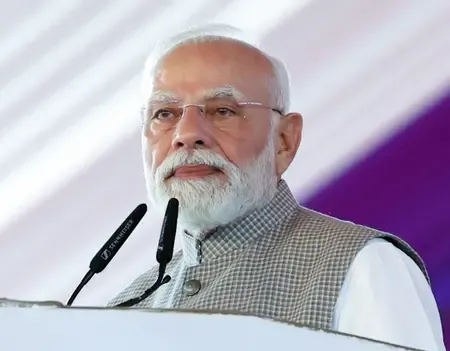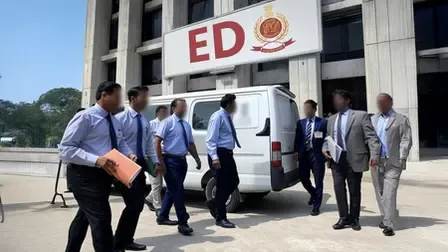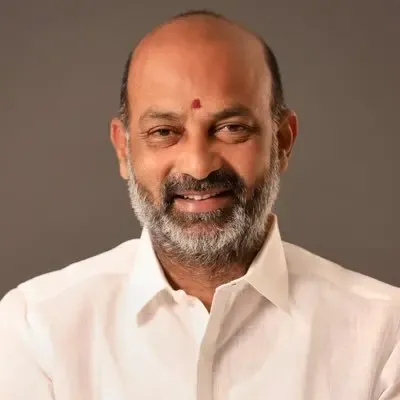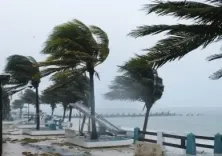Tahawwur Rana's Extradition to India Still Under Review by US Authorities
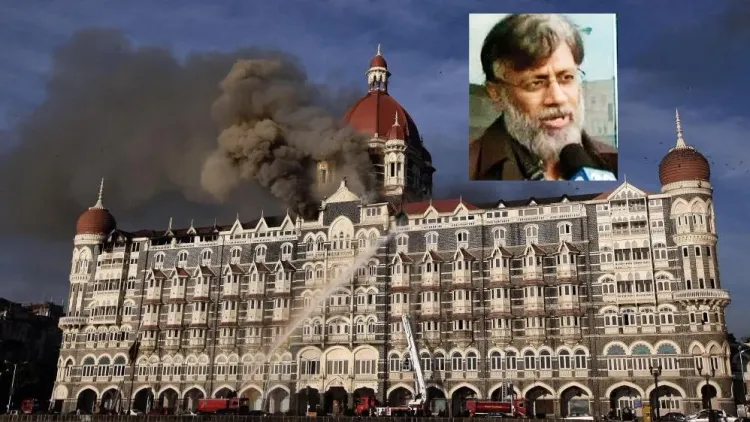
Synopsis
Key Takeaways
- US State Department evaluating next steps for Rana's extradition.
- Rana's extradition could lead to justice for Mumbai attack victims.
- US supports India's efforts against the perpetrators of the attacks.
- Rana was arrested in 2009 and has faced multiple legal proceedings.
- Legal claims for blocking extradition have been dismissed by US courts.
Washington, Jan 28 (NationPress) The United States' State Department is evaluating next steps regarding the extradition of Tahawwur Rana to India, a decision recently upheld by the Supreme Court of India, thus paving the way for him to potentially face justice for his alleged involvement in the 2008 Mumbai terrorist attacks.
Rana, who has a Pakistani background, shares similarities with David Coleman Headley, currently serving a lengthy prison sentence in the US after admitting guilt for his part in the 2008 attacks as part of a deal with US authorities that safeguards him from extradition.
“In light of the recent Supreme Court ruling, and in line with applicable US law, the Department of State is currently assessing the next steps in this matter,” stated a spokesperson from the agency in response to an IANS inquiry about the forthcoming actions following the court ruling and the timeline for Rana's potential transfer to India.
“We have consistently supported India's endeavors to ensure that those responsible for the Mumbai attacks are brought to justice,” the spokesperson further noted.
The US has indeed shown support for India in its quest to hold accountable the perpetrators of the attacks, which resulted in 167 fatalities, including six Americans, and caused injuries to hundreds more.
It has urged Pakistan, from where the Lashkar-e-Taiba terrorists originated and were trained by the country's Intelligence service, to take action against the guilty parties.
The US also aided India’s endeavor at the UN Security Council for designating Masood Azhar, the leader of Lashkar-e-Taiba, as an international terrorist, successfully countering Chinese efforts to obstruct this initiative.
However, at present, it remains uncertain when Rana will board a flight to India.
Rana was apprehended by US law enforcement in October 2009, just two weeks post Headley’s arrest, on three charges: Conspiracy to provide material support to terrorism in India, conspiracy to provide material support to terrorism in Denmark, and aiding a foreign terrorist organization, as per US court documents.
On June 9, 2011, Rana was found guilty by a jury of the terrorism conspiracy charge related to Denmark and providing material support to Lashkar, but he was acquitted of the conspiracy charge concerning the Mumbai attacks.
The district court sentenced him in 2013 to 14 years in prison. However, after serving half of his sentence, he sought and obtained compassionate release in 2020 due to the COVID-19 pandemic.
Meanwhile, India has been pursuing action against him. On August 28, 2018, a Mumbai court issued a warrant for Rana’s arrest on charges connected to the attacks, including, according to US court documents, (1) conspiracy to (a) wage war, (b) commit murder, (c) commit forgery for cheating purposes, (d) utilize a forged document or electronic record as genuine, and (e) execute a terrorist attack; (2) waging war; (3) murder; and (4) perpetrating a terrorist act (2). Consequently, India formally requested Rana’s extradition.
The day after Rana secured compassionate release, the US Department of Justice lodged a complaint for his provisional arrest in response to India's extradition plea.
A US court specializing in extradition matters dismissed his claims in May 2023 and certified his extradition, rejecting his arguments that (1) his extradition to India was precluded under the Non Bis in Idem clause of the Extradition Treaty between the US and India and (2) the evidence from India did not establish probable cause for the offenses for which extradition was sought.
Essentially, Rana contended that he could not be extradited to face charges for which he had already been acquitted in the US.
Each court has dismissed Rana’s claims, suggesting he may have exhausted his legal avenues.


